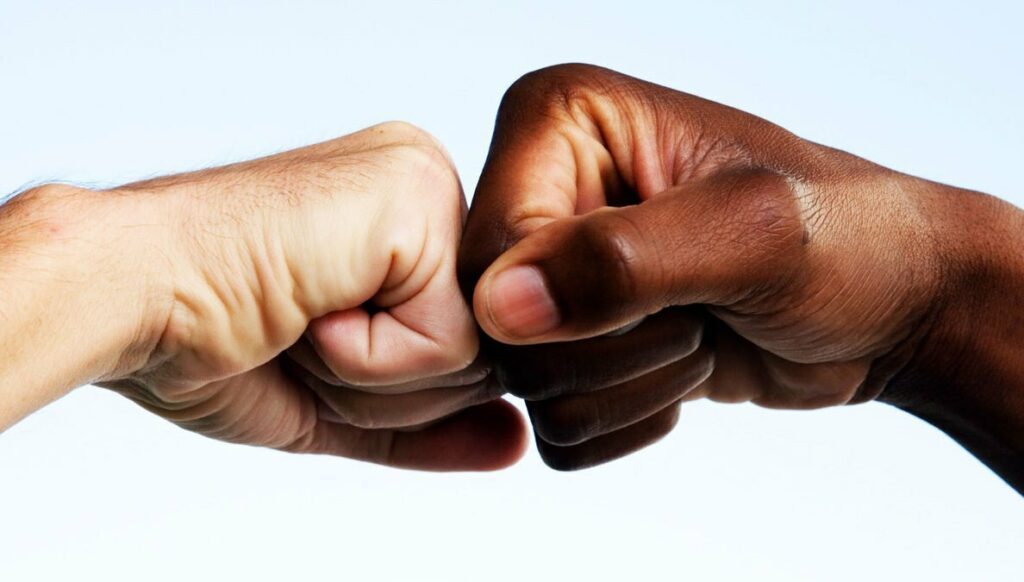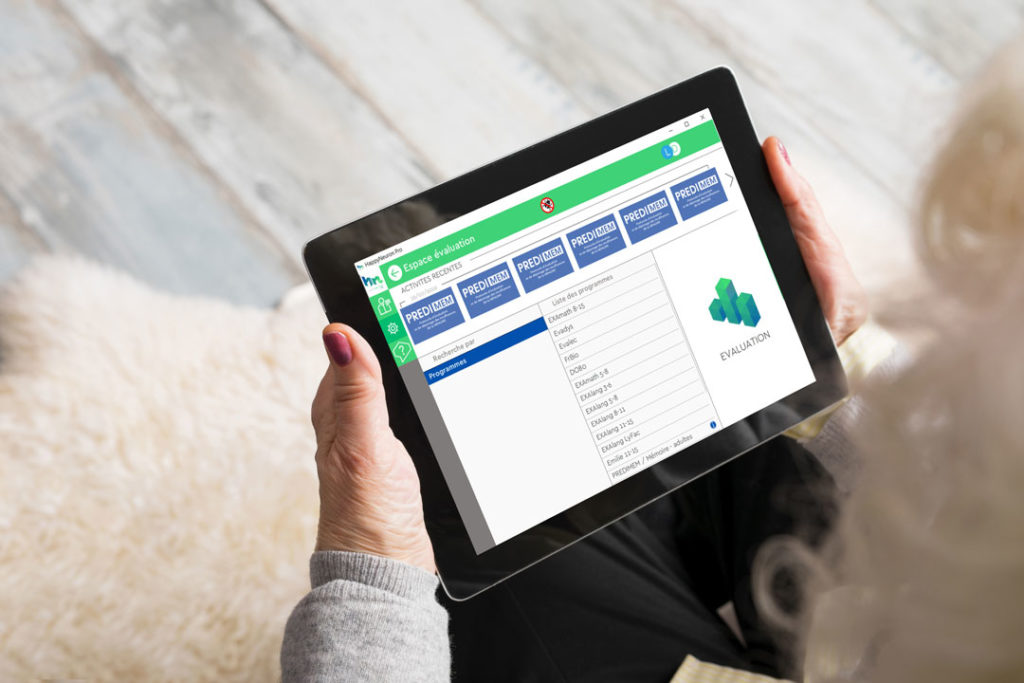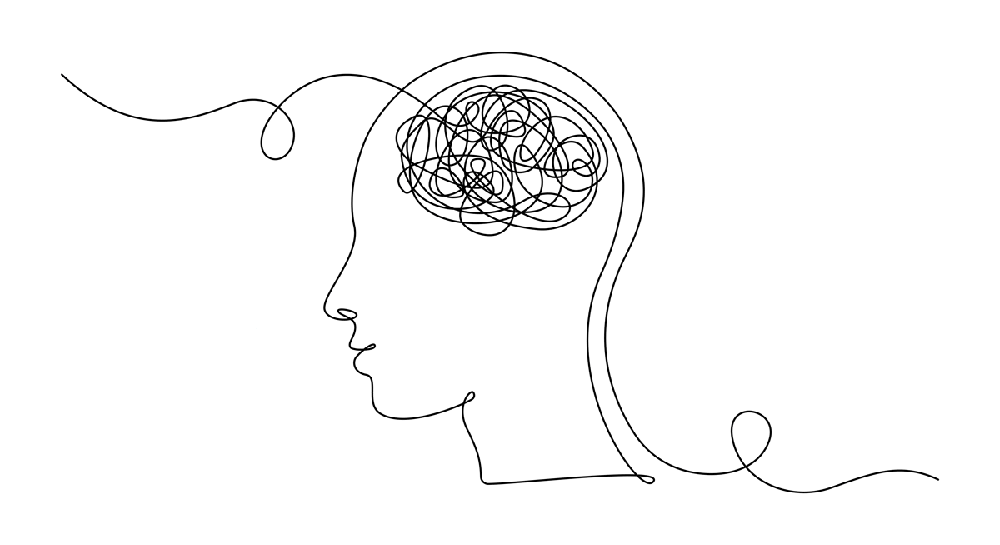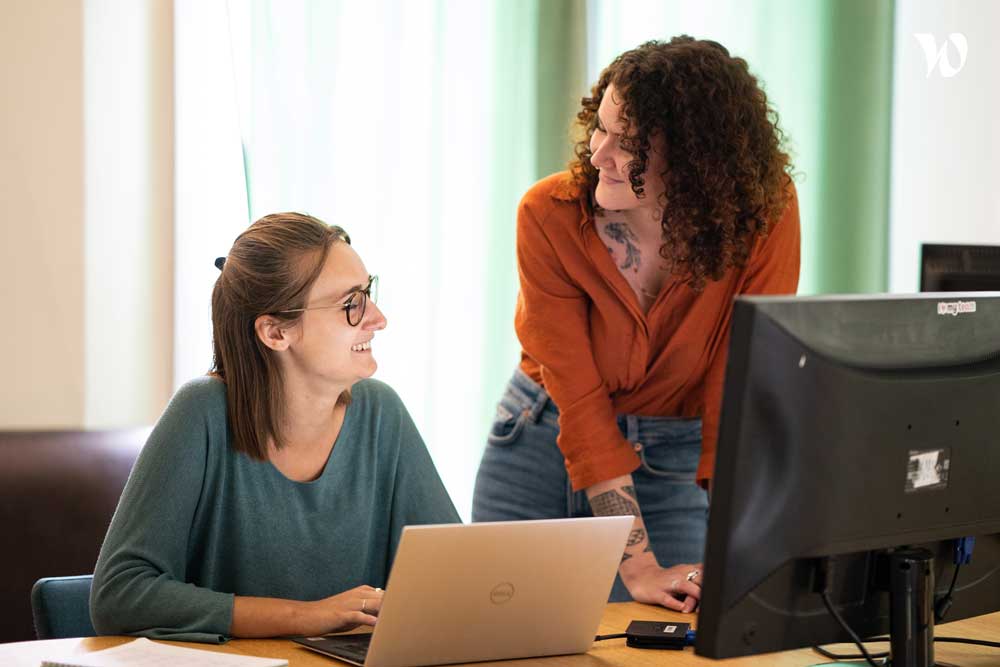The first step is to be aware of what constitutes good mental health: what factors affect it, and how? To do this, it is important to learn about the functioning of our own cognition (intrapersonal dimension) and the cognitive functions through which we can interact with our environment (interpersonal dimension). Metacognition corresponds to the knowledge we can have of the cognitive mechanisms or learning strategies of our own brain (Zimmerman, 1980). It is with a goal of acquiring and taking this knowledge into account in interactions that some companies encourage their employees to check their mental health at the beginning of the week, which involves analyzing one’s state of mind at the time: what do I feel? Do these emotions affect some of my abilities or, on the contrary, do they motivate me more than usual? Taking stock of the situation in this way allows us to orient our weekly projects and to avoid potential hurdles. Paying attention to how we feel is a social skill, because it improves interaction and collaboration. But what does this have to do with mental health?
According to Aristotle, we are social animals because we are always interacting with others, or at least we need to interact. However, interaction is not innate: we can learn to interact with others, and for this, metacognition can be an important asset. Indeed, knowledge of our cognitive function allows us to take distance from ourselves and to consider others as allies. If our cognitive function is similar (like the other person, I am a cognitive being), then we can understand each other. By learning how my cognition works, I can aspire to understand how another person’s cognition works and gain perspective on our mutual behaviors.
Social support is the belief that others can help us in times of need and is not to be confused with the actual social resources available to the individual.
Bruchon-Schweitzer & Boujut
This knowledge is therefore beneficial and can defuse certain socio-professional situations by reinforcing employees’ feeling of recognition or their subjective perception of the social support they receive. Perceived social support is defined as “the fact of believing that others can help us in case of need and is not to be confused with the actual social resources available to the individual”, (Bruchon-Schweitzer & Boujut, 2014). It is not about actual social support, but about how I evaluate the support I receive from others. In other words, I can be well supported and not notice it. I can also be poorly supported and still perceive what I receive as sufficient. As a transactional process, perceived social support allows me to relate to others, to recognize them, and to be recognized in return.
Understanding others can be seen as the key to adapting to each other. Adaptation is indeed at the heart of social skills, defined as the skill that allows one to fit into an environment. To do this, it is essential to know how to behave with others, according to the requirements of the situation or context. This means that social skills require knowledge of current social norms in order to adopt postures and behaviors considered acceptable by others (Segrin, 2000; Spence, 2003). These skills are therefore not immutable, since they depend on social prescriptions which are, by definition, evolving.
Thus, social skills are adjustable to the social demands of the moment: they enable us to be socially effective and to maintain relationships over time. As a matter of fact, if I am not up to date on how to behave socially, there is a strong chance that the relationships I maintain will deteriorate. This is why social skills are an asset for transactions between individuals and their environment: they allow us to adapt to current and future changes by developing adjustment strategies to cope with difficult situations (Lazarus and Launier, 1978).
If social skills encourage us to take care of ourselves, by learning to analyze and control some of our emotions (intrapersonal dimension), and to take care of others by getting to know them, notably by listening to their emotions (interpersonal dimension); they can be developed by acquiring the meta-skills necessary to change our behaviors:
→ Care . This is the ability to mobilize one’s attentional resources to take an interest in oneself, in others and in our environment. Like mental health, care is not reduced to pathology: we can take care without being a caregiver. Caring is a way to improve our interactions with others. If I am attentive to the needs of another, I can participate in their well-being by enabling them to achieve their potential.
→ Constructing narratives. This is about learning to develop plots that tie individual elements together. This is a meta-skill through which I will challenge and motivate others: storytelling allows me to anticipate potential risks and leverage everyone’s skills.
→ Creating meaning. This is a skill that allows us to identify the mental representations of different collaborators, with a view to building new and collective mental images.
→ Evolve towards collaborative networks. This involves sharing individual skills and experiences with a goal of contributing to the construction of a collaborative network which brings together all of the various players.
The development of these meta-skills, which can be acquired through knowledge of our cognition and through regular reflective work, enables the deployment of social skills such as empathy, adaptability, listening and persuasion. These skills contribute to a state of good mental health, insofar as they encourage us to contribute to the community, thus tending towards avoiding isolation and solitude.
It is in this sense that the Hello Elton mobile application aims to allow us to train these social skills that constitute individual and collective resources that promote interaction and collaboration.
Humans In Motion on the training of social skills to care for mental health with the feedback of AG2R LA MONDIALE who developed communication and collaboration within their teams with the start-up “Hello Elton”.
With contributions from:
– Stéphane POMARES – CEO, Hello Elton
– Elsa Novelli – Cognitive Designer, Humans Matter
– Alexa Posté – Head of the Learning Lab and Compétence Transverses (Transversal Competence), AG2R LA MONDIALE
A conference led by Julien Moly – Product Owner, Humans Matter as part of the Festival de l’apprendre (Learning Festival).


